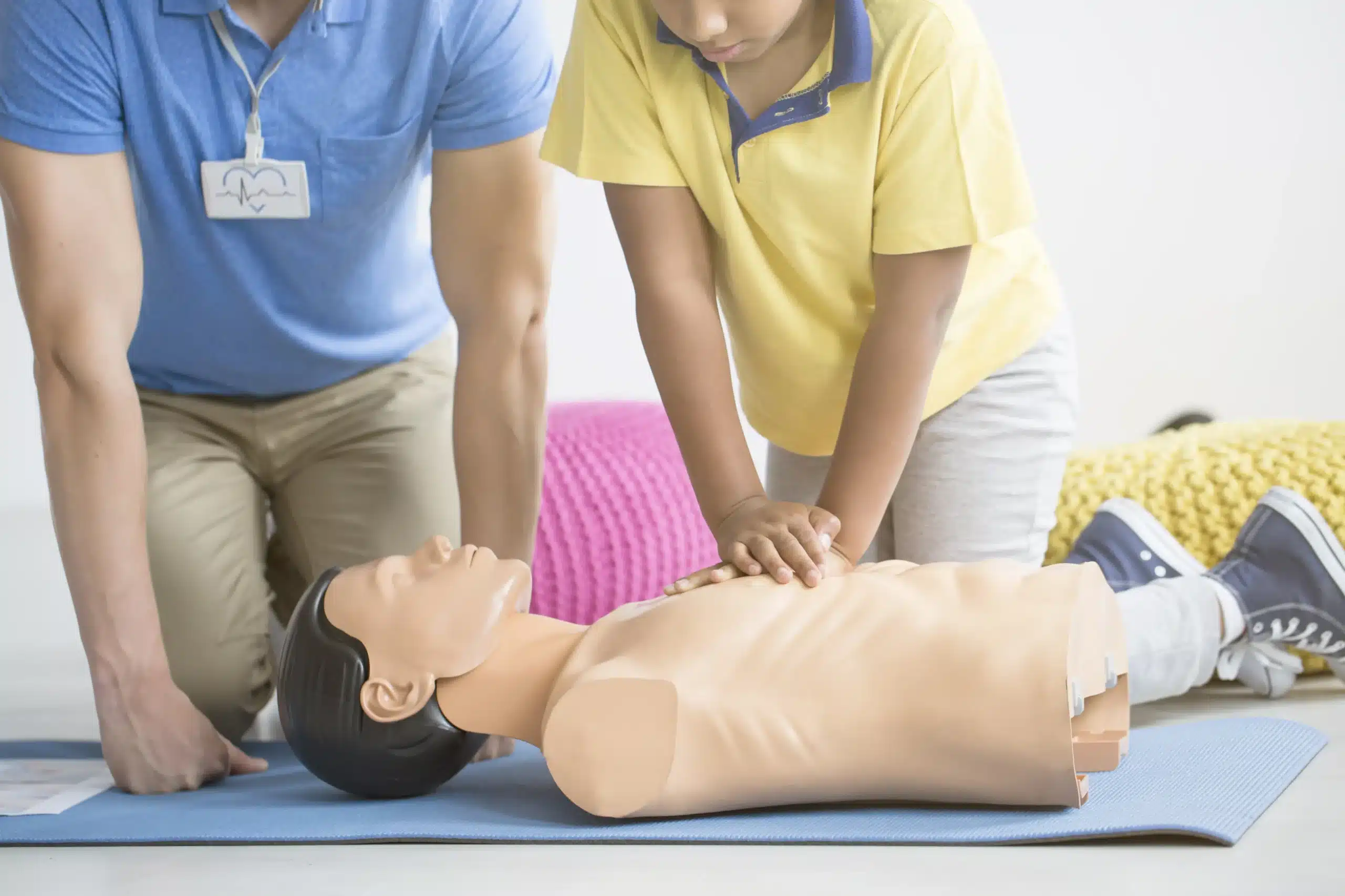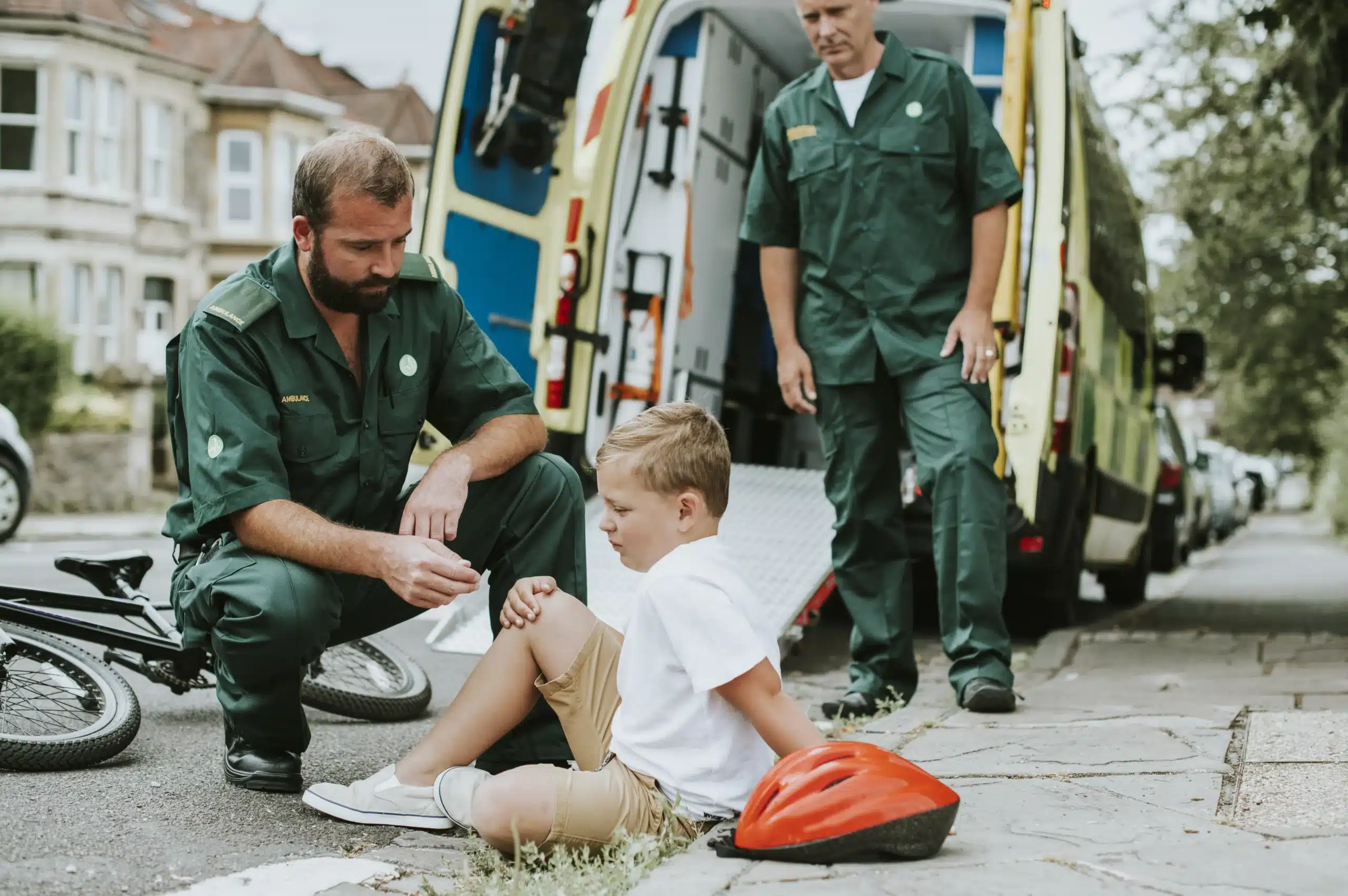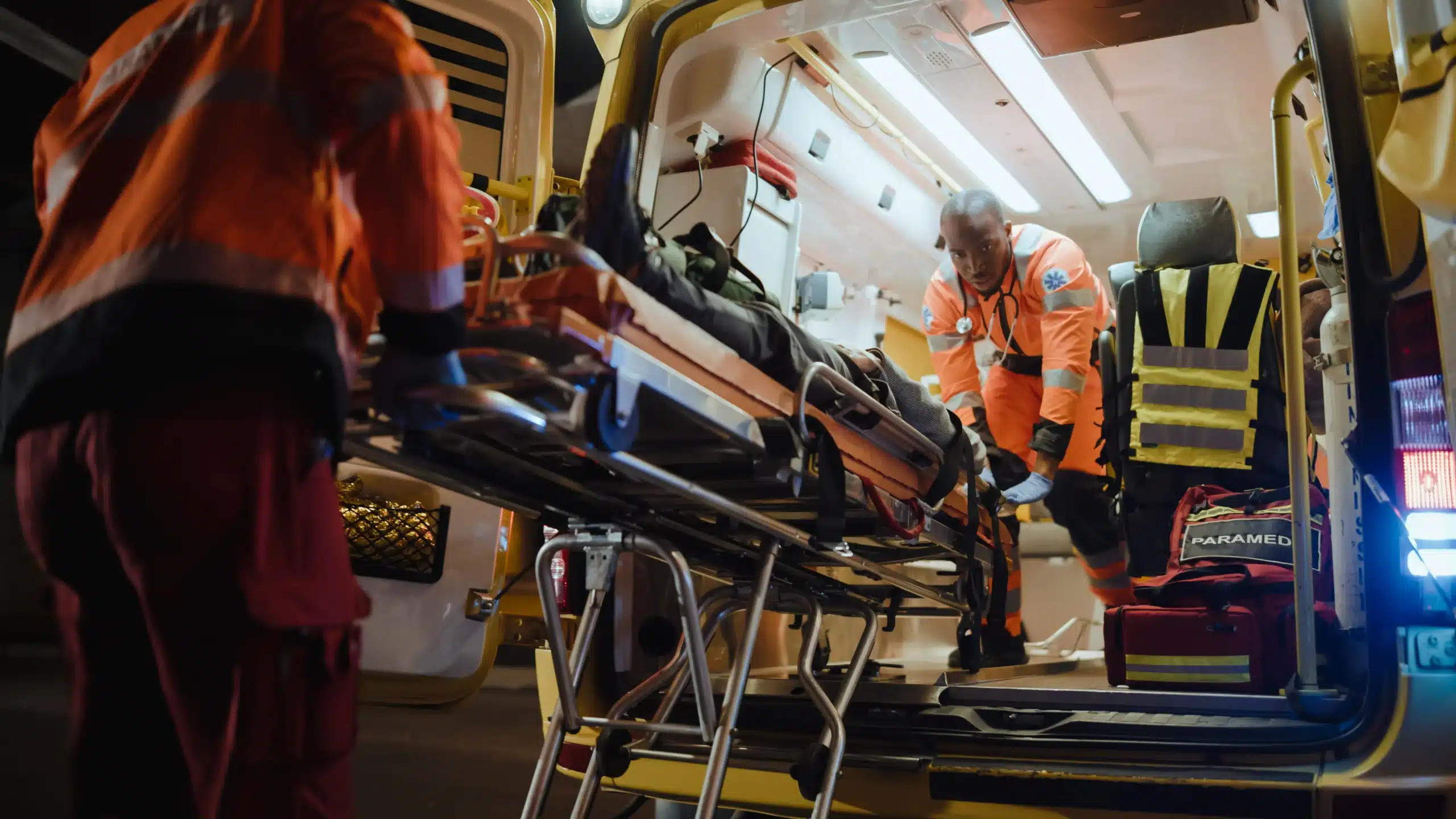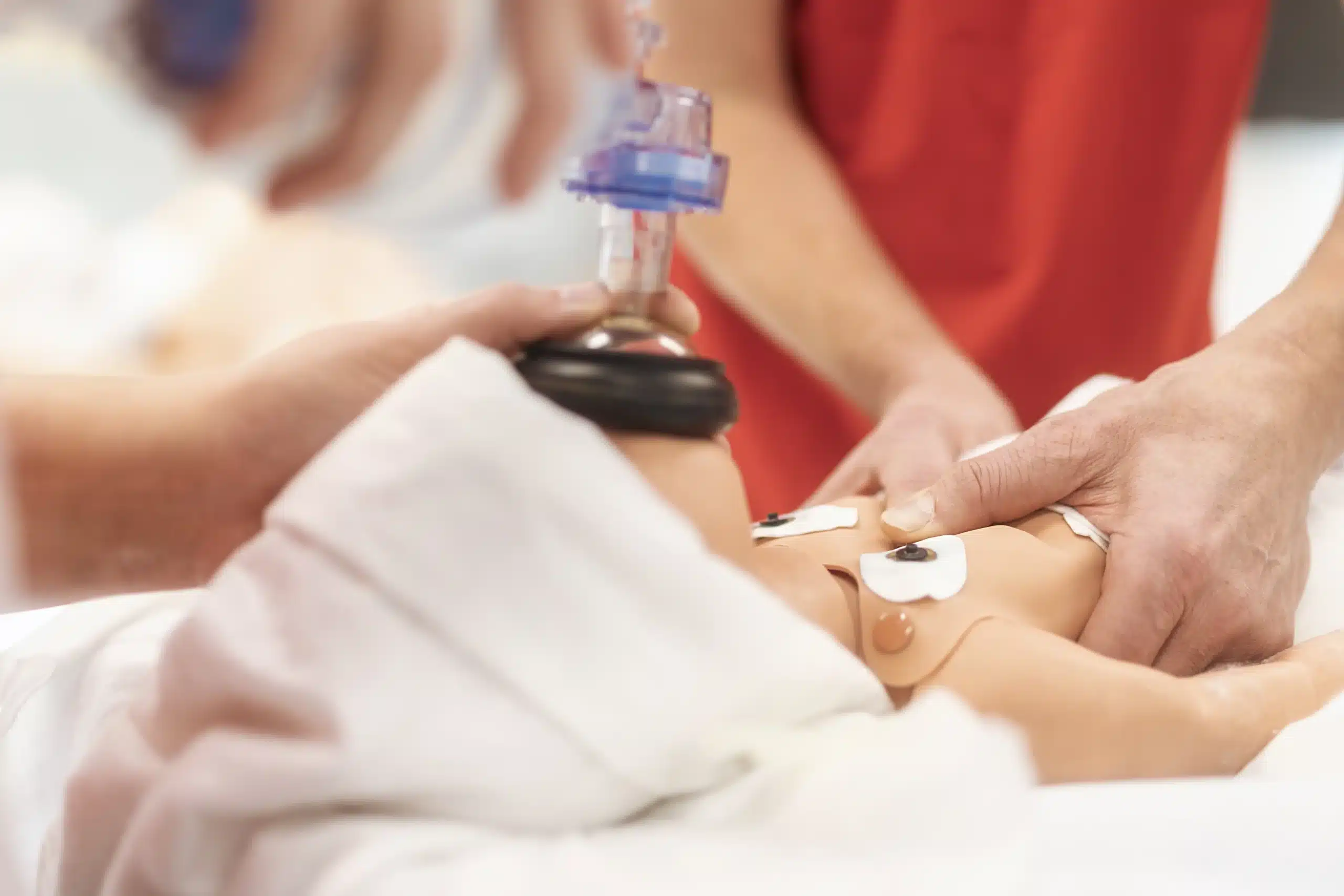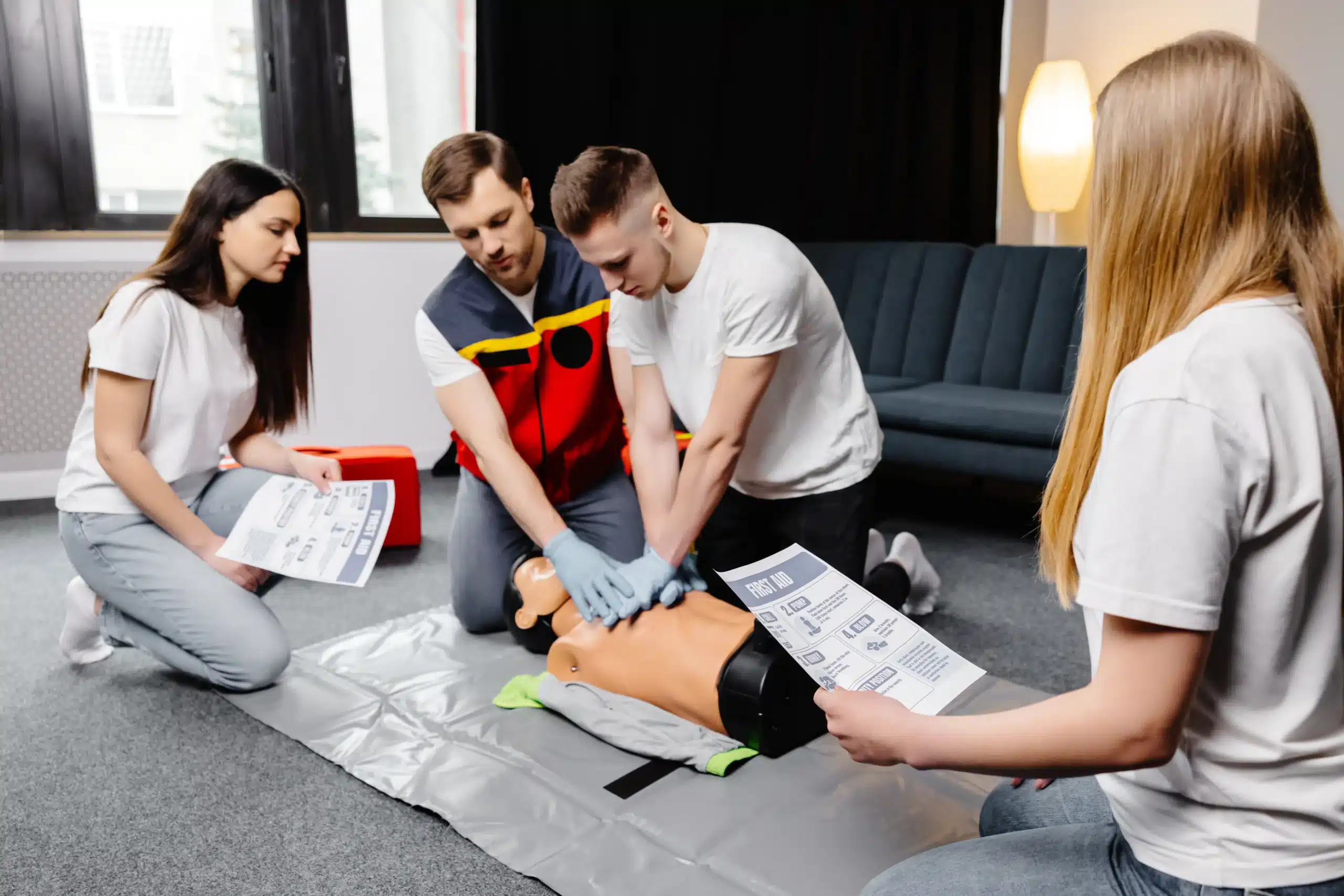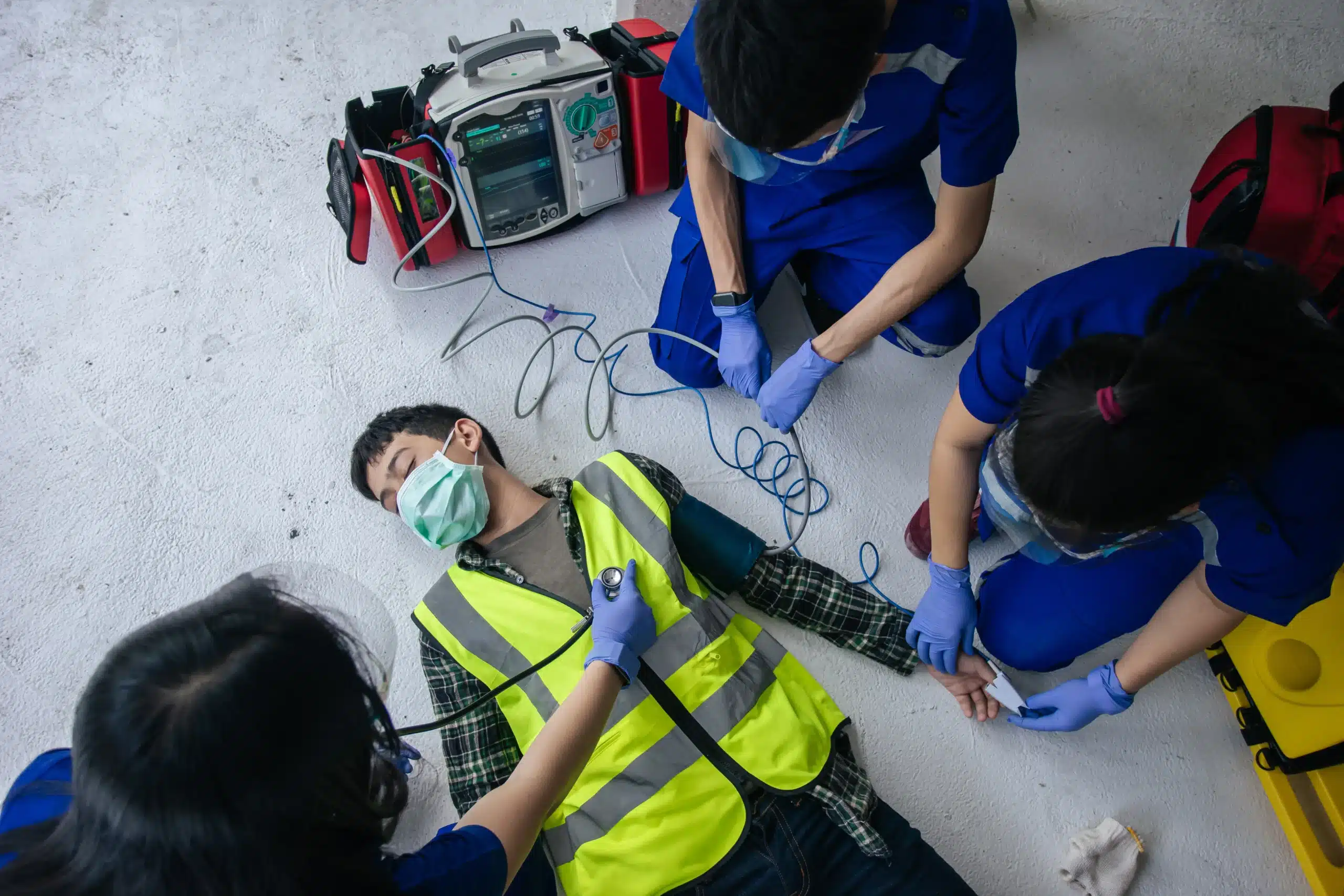Surviving cardiac arrest is a life-changing event. While the physical recovery often takes center stage, the psychological challenges faced by CPR survivors are equally profound. From feelings of fear and confusion to long-term conditions like PTSD and depression, the emotional impact is undeniable. This blog explores the psychological recovery for CPR survivors, providing actionable insights and strategies to support healing.
If you or someone you love is navigating the aftermath of resuscitation, this guide will help you understand what to expect and how to manage the emotional aspects of recovery effectively.
Understanding the Psychological Impact of CPR
Immediate Emotional Responses
Surviving cardiac arrest can leave individuals grappling with intense emotions. Fear, confusion, and anxiety are common after resuscitation. These feelings often stem from the trauma of the near-death experience and the suddenness of the event.
Many survivors report experiencing Acute Stress Disorder (ASD) shortly after being revived. Symptoms can include:
- Flashbacks of the cardiac arrest episode.
- Hypervigilance or an exaggerated sense of danger.
- Difficulty concentrating or sleeping.
Long-Term Effects on Mental Health
For some survivors, the psychological distress extends beyond the immediate aftermath. Long-term conditions like Post-Traumatic Stress Disorder (PTSD), depression, and survivor’s guilt frequently emerge. Research published in the Resuscitation Journal (July 2013) found that:
- Depression affects 14-45% of cardiac arrest survivors.
- Anxiety is present in 13-61% of survivors.
- PTSD impacts 19-27% of this population.
Beyond specific conditions, survivors often undergo a significant shift in their worldview. They may find themselves reflecting on mortality, re-evaluating priorities, or questioning their purpose in life.
Understanding these emotional responses is key to recovery, as it acknowledges the validity of these feelings and opens the door to healing.
Coping Strategies for Survivors and Families
While the emotional toll of surviving cardiac arrest is significant, there are practical strategies and resources to help survivors and their families manage the recovery process.
Mindfulness-Based Techniques
Mindfulness practices can reduce stress and ease anxiety, making them an excellent first step in recovery. Consider these simple techniques:
- Mindfulness Meditation – Spend 5-10 minutes daily focusing on your breathing. This can help ground you in the present and calm your mind.
- Journaling – Write down your thoughts and feelings. This is a safe space to process your emotions and track your progress over time.
- Gentle Yoga – Engage in yoga sessions designed for relaxation. Stretching and aligning your body with your breath can alleviate physical and mental tension.
Support Networks
No one should face the psychological challenges of recovery alone. Support networks play a critical role in healing:
- Family and Friends – Open communication with your loved ones can foster a sense of security and comfort.
- Support Groups – Connect with others who have survived similar incidents. These communities, such as the American Heart Association’s Survivor Support Network, offer both emotional validation and practical advice.
Joining a community of survivors can be profoundly healing, as it reminds you that you are not alone in your experiences.
Lifestyle Adjustments
Establishing healthy habits contributes to holistic healing:
- Physical Activity – Engage in light exercises, such as walking or stretching, which can boost your mood and overall well-being.
- Balanced Nutrition – A nourishing diet supports both physical and mental recovery.
- Quality Sleep – Prioritize rest by adopting a sleep routine and creating a calming bedtime environment.
Consistency is key—sustainable routines provide a sense of normalcy and control as you rebuild your life.
Seeking Professional Help
Sometimes, expert guidance is necessary to fully address the psychological aftermath of cardiac arrest. Consider working with:
- Therapists or Counselors – Seek professionals specializing in trauma or health-related stress disorders.
- Trauma-Specific Techniques – Therapies such as Cognitive Behavioral Therapy (CBT) or Eye Movement Desensitization and Reprocessing (EMDR) have been found highly effective for trauma survivors.
When looking for a mental health professional, prioritize finding someone with experience in trauma recovery. Use platforms like Psychology Today to browse therapists specializing in these areas.
Why Psychological Recovery is Essential
Recovering from a cardiac arrest isn’t just about physical rehabilitation. Addressing emotional well-being is just as important, if not more. Here’s why psychological recovery matters:
- Improved Mental Health: Dealing with emotional scars helps survivors rebuild a positive outlook, reducing the risks of conditions like PTSD and depression. A healthy mind lays the foundation for a fulfilling life post-recovery.
- Enhanced Physical Healing: Mental health is closely tied to physical well-being. High stress levels can strain the body, delaying physical recovery. By managing psychological distress, survivors can reduce harmful stress and give their bodies the best chance to heal.
- Stronger Relationships: Healing emotionally allows survivors to engage more fully with loved ones. Open conversations about emotions deepen trust and strengthen connections during a vulnerable time.
By prioritizing psychological recovery, survivors can foster resilience, paving the way for a healthier and happier future.
Empower Yourself Through Knowledge and Action
Witnessing or surviving cardiac arrest is life-altering. Beyond physical recovery, emotional healing demands attention, patience, and a willingness to seek help.
Empower yourself by spreading awareness—share this article with someone who might benefit from it. Additionally, consider CPR training to help others in emergencies and support your community. At Safety Training Seminars, we offer a range of American Heart Association-certified courses, including CPR and First Aid, BLS, ACLS, and PALS in Morgan Hill, CA. Gaining these skills could make you the difference between life and death for someone else.
Sign up for CPR training today and take a proactive step toward fostering a prepared and compassionate community.
Survivors of cardiac arrest demonstrate incredible strength, facing challenges few can imagine. With the right support systems and strategies, psychological recovery is entirely within reach. Healing takes time, but the resilience and courage of survivors are proof that recovery is not only possible but also a path toward personal growth and renewed purpose.

